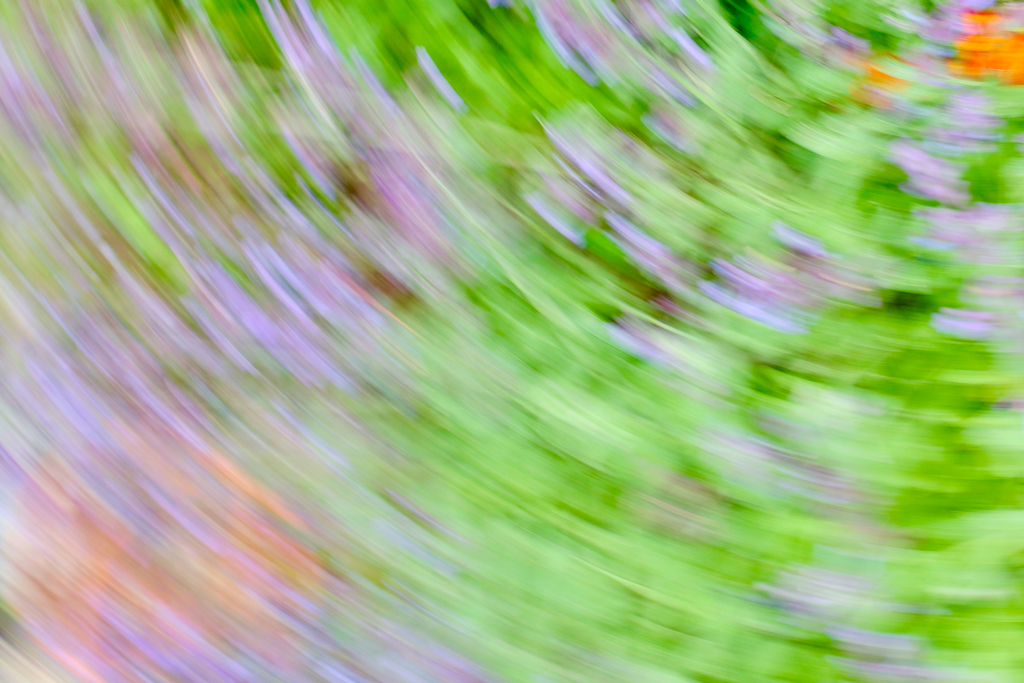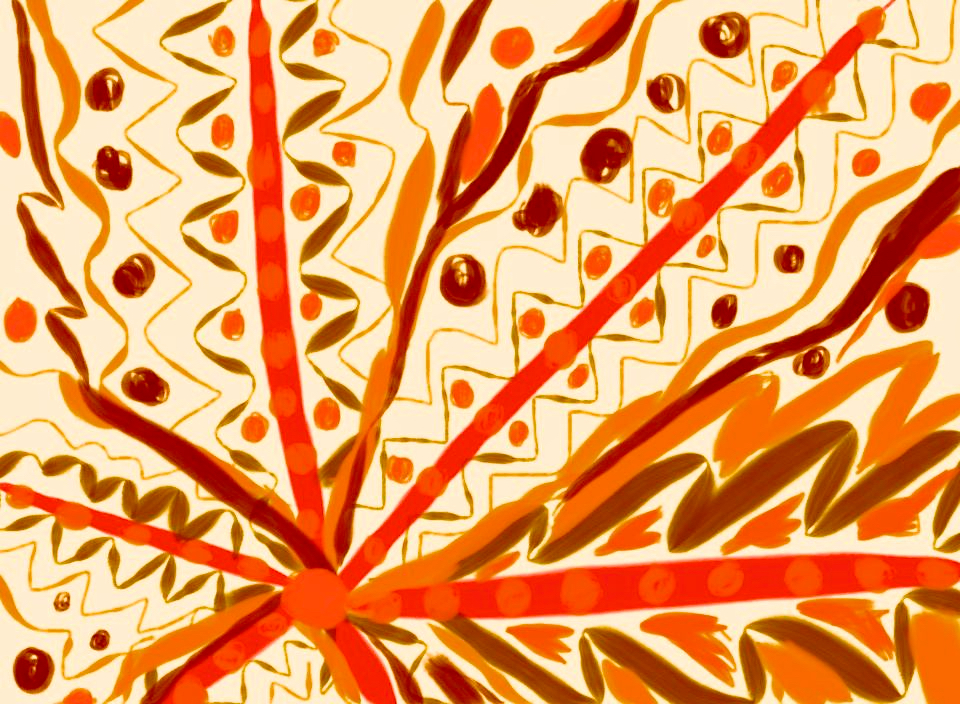
One thing anybody could tell you about me is my patience. Or lack of it. It’s a paradox, really. While I can be still for hours when stalking birds to take photos, for instance, most of the time, I have no patience. None. I’m the kid who ate the marshmallow immediately (and went looking for another one in the corridor; no nice waiting for me!).
Gardening has been a lesson in humility for me. It simply takes time for plants to grow, and a fully grown garden takes several years. Even then, it does take time for flowers to bloom or for butterflies to appear in the spring. By creating and tending a garden, you learn patience along the way.
After creating my first garden in Sweden, tending to another in Switzerland, and then creating a new one when back in Sweden again, I thought I’d mastered patience.
Ha! So easily fooled we are! Especially by ourselves.
Writing a book takes a lot of patience. Sitting at your desk day after day after day, toiling away a page at a time, with no end in sight.
One day you think you’ve made good progress; you only have to keep going, and you’ll get there. The next day, nothing works. You write 500 words and delete 400. You start doubting yourself. Do you really have what it takes? Patience and perseverance to sit there every day and build a cathedral by yourself, one brick at a time? To compare the wondrous vision of the building in your head and the lone low wall in front of you that you managed to erect so far?
Someone said that the only thing you need to write is a good chair. That’s a good point. You’ll need a good chair because you’re going to spend a lot of time in it. Sometimes writing, more often staring in space or scouring the internet for the best slug repellent (true story!).
I killed off all distractions on my computer, turned off e-mail and notifications, deleted games, and so on. Closed all programs, except for Scrivener (going off-road now, I know, but if you need anything to write, in addition to the said chair, you’d also need Scrivener, believe me! the best writing software, ever). And the internet browser.
It’s a risk, I know. An internet connection while writing it’s an open invitation, a free-for-all buffet of distractions.
I decided to take the risk. Looking up synonyms or the name of a bird I can’t bring to mind is worth it. Worse case, I’ll know more about the mating rituals of penguins or find the best slug repellent (I tend to be practical in my distractions; wasting time, yes, but at least I’ve got something for it).
So, I sit on the chair and stare at the Scrivener binder. Every morning. I try not to think about the number of days required to write a whole book. I try to have faith that if I show up every day, do the work, do the best I can, I’ll produce a book in the end. And maybe learn some patience on the way.
Writing is an exercise in humility. Day after day after day. Brick after brick after brick.
If you’ll excuse me, I have more bricks to lay now. Rome hasn’t been built in one day, and so on. Ta!
Related Posts
- If You Want to Be a Writer, Write!
- The Perpetual Tide and Ebb of the Creative Process
- All Creation Is an Act of Faith
- Keep Going: Cardio for Zombie Hunters and Writers
- How To Handle Creative Blocks & Avoid Distraction
- If you’re interested in ICM photography, here’s a good guide.
If you liked this post, share it on your preferred social network or forward it to a friend.








